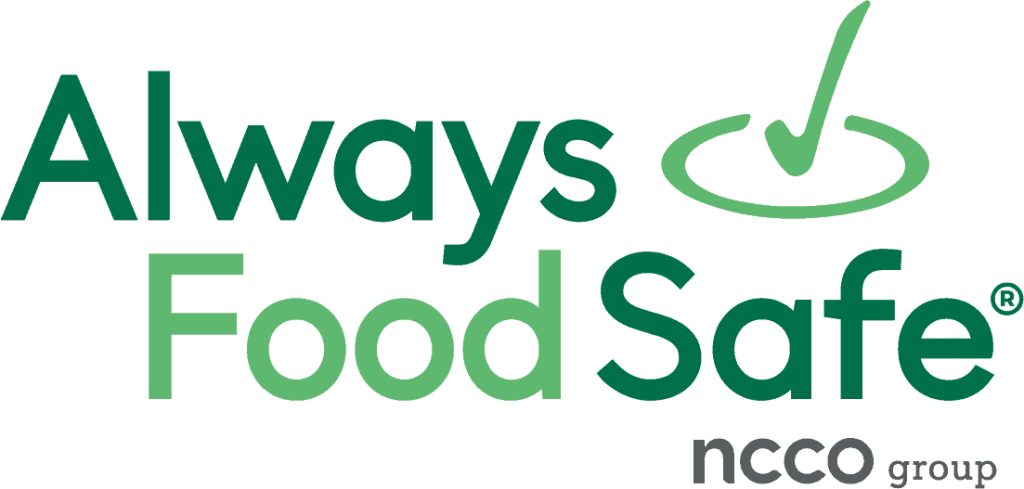Step 1
Select State
Step 2
Click Register Now
Step 3
Checkout
Get your ALASKA food managers certificate
Now Starting from $99

If you are looking for an affordable, fun and easy online food handler manager certification course, you are in the right spot. Get your Alaska Food Handler Card by clicking the button below.
Our clients love our service


LaRees Lewis
“I loved how each topic broke down into subcategories to further explain of the subject that is being discussed. Very thorough and educational and referred back to where you can obtain the current forms/instructions of hand washing procedures, parasite notice in foods, etc.”
Crystallynn Bonnett
“The site makes it super easy to use and fun as well. Very good information and display of videos. Definitely would recommend and can't beat a great price.”
Darcie Cook
“This was an actual corse on how to handle food and prepare it! On top of cleaning agents and many other topics. There are other places that you can just take the test. I liked that this one was able to teach you everything you needed to know and allow you to do a knowledge test at the end of each module. It is a little time consuming so make sure you have an hr or more available for it! There are 8 total modules. I got some new things I didn’t already know from it! As well as a refresher on things I already did. Over all it was worth it to me. Hope this helps anyone else looking for the right place to get their food handlers card.”
Emelie Katigbak
“Very informative. It's very helpful. The topics were all related to proper food handling and safety. I've learned a lot.”
Anthony Pickens
“Amazing experience on the platform Easy to use and learned alot. Would recommend to anyone looking to get their food handler’s card”
ALASKA FOOD MANAGER REQUIREMENTS
| State Regulations In the State of Alaska, any food establishment that serves or prepares unwrapped or unpackaged food must employ at least one full-time Certified Food Protection Manager (CFPM) who is actively involved in daily operations. This person is responsible for ensuring food safety practices are followed at all times. |
| Municipality of Anchorage Facilities in Anchorage with a Risk Type 2 or Risk Type 3 permit are also required to have at least one CFPM-certified staff member. |
| Certification Exam Mandatory |
| Approved Certification Exams Always Food Safe ServSafe |
| Food Safety Training Requirement No |
| Certificate Renewal The CFPM certification is valid for 5 years. Renewal requires passing an approved certification exam again. |
| Additional Requirements All food service workers employed for organizations licensed by the Division of Hotels and Restaurants must take and pass a food safety training course to acquire a food worker certificate from an accredited program. |
| Person in Charge (PIC) Requirement: A certified Person in Charge (PIC) must be present during all hours of operation to oversee and ensure food safety compliance. |

FAQs
When four or more employees are operating in a licensed food facility, a minimum of one certified food protection manager must be there. If there are three or fewer employees, the certified food manager does not need to be present during that time of operation.
The law states that you have 30 days to make sure a food establishment has a certified food protection manager employed when a business is just started, there is a change in ownership, or the previous certified food protection manager quits.
- Priority Category 1 establishment (where only prepackaged time/temperature control items are offered)
- Priority Category 2 establishment (where no raw foods of animal origin are offered, no tableware is reused, and no heated foods are cooled)
- Temporary food establishment
- Online Food Manager Training: A self-paced training that is online and incorporates different learning experiences such as graphics, audio, and cooperative learning exercises. This is a very effective learning program.
- Online Study Guide: A study guide (20+ pages) that covers the major FDA food theories. This study guide also encompasses the Top 10 Tips to Passing the Food Manager Exam and two practice tests. All of these are done online.
- Food Manager Exam: The test is conducted online via the Always Food Safe Company which is ANAB-accredited and recognized by state and county health departments.
Our remotely proctored exams provided by

